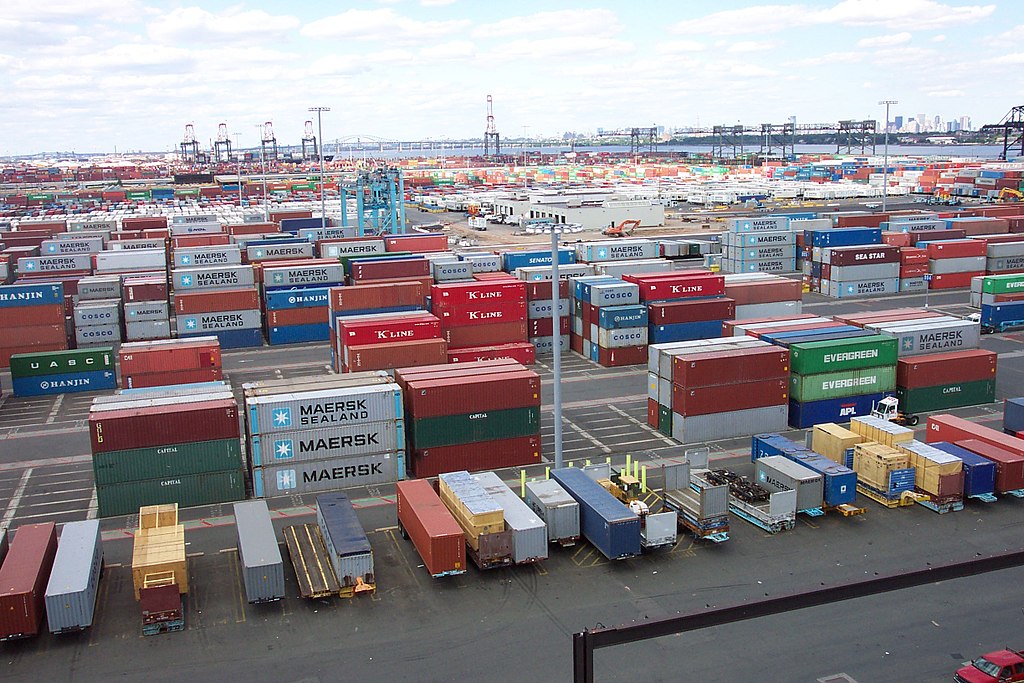The Ministry of Ports, Shipping and Waterways has issued the ‘Harit Sagar’ Green Port Guidelines for ports to reduce their carbon intensity and become sustainable. The guidelines emphasize using clean energy in port operation and developing port capabilities for storage, handling, and bunkering of greener fuels such as green hydrogen, green ammonia, and green methanol.
“Indian Ports will play an important role in contributing towards de-carbonization efforts of the country. Ports are, therefore, required to undertake green initiatives in line with the broad vision of the country and contribute to the efforts being made by the country in moving towards achieving India’s long-term goal of reaching net-zero emission by 2070,” states the document.
These guidelines shall apply to all major ports of India and seek the participation of all stakeholders, including terminal operators, logistics service providers, partner government agencies, shipping lines, etc., to ensure a sustainable and green port ecosystem.
The guidelines state renewable energy’s share at ports should exceed 60% by 2030 and 90% by 2047. Ports will make efforts to retrofit port crafts (including tugs, pilot boats, mooring boats, survey boats, etc) with available technology for propulsion on cleaner and greener fuel, viz, green ammonia, green hydrogen (through fuel cell), and green methanol in a phased manner.
Further, ports will make an action plan and implement the projects to achieve the targets set for the ports/port crafts in the National Green Hydrogen Mission, including the creation of infrastructure at select ports for storage, bunkering, and refueling of green hydrogen and its derivative, within the targeted timelines. And green ammonia bunkers and refueling facilities should be established at all major ports by 2035.
This content is protected by copyright and may not be reused. If you want to cooperate with us and would like to reuse some of our content, please contact: editors@pv-magazine.com.









By submitting this form you agree to pv magazine using your data for the purposes of publishing your comment.
Your personal data will only be disclosed or otherwise transmitted to third parties for the purposes of spam filtering or if this is necessary for technical maintenance of the website. Any other transfer to third parties will not take place unless this is justified on the basis of applicable data protection regulations or if pv magazine is legally obliged to do so.
You may revoke this consent at any time with effect for the future, in which case your personal data will be deleted immediately. Otherwise, your data will be deleted if pv magazine has processed your request or the purpose of data storage is fulfilled.
Further information on data privacy can be found in our Data Protection Policy.